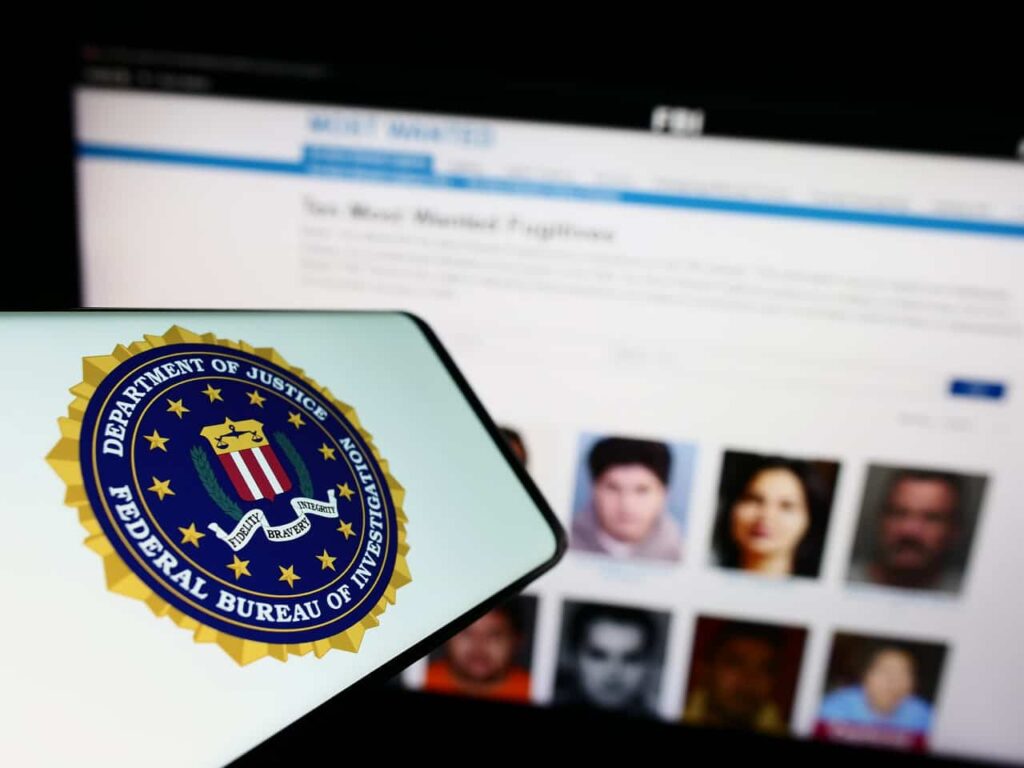The attempted assassination of Donald Trump at a Pennsylvania rally on July 13 proved a tragic and highly controversial event.
The incident resulted in the deaths of two people – the attacker, Thomas Crooks, and one attendee – and several injuries – including Trump’s now-famous clipped ear. It also sparked rumors and allegations of foul play, raising numerous questions about the efficacy of the Secret Service.
One prominent comment came from a republican lawmaker, Mike Waltz, who, during the Republican National Convention (RNC), claimed the would-be assassin had ‘3 encrypted overseas accounts’ and at least two phones.
While there have been few follow-up details, one of the mysteries is getting unraveled faster than expected – that of Crooks’ phone.
How the FBI made quick work of Croock’s smartphone
Indeed, recent reports indicate that the Federal Bureau of Investigation (FBI) used a somewhat controversial approach when cracking the Samsung phone – it enlisted the assistance of Cellebrite, an Israeli digital intelligence company.
While U.S. law enforcement agencies regularly use Cellebrite software to crack suspects ’ phones, the case of Crooks’ device was somewhat more complicated given that it was a newer – though undisclosed – Samsung model meaning there was not an already-designed program for breaking into it.
Nonetheless, the firm was reportedly able to quickly develop a new – and, again, nonpublic – version of its software which the FBI used to peer into the shooter’s smartphone, a process that lasted just 40 minutes.
Why law enforcement device cracking is controversial
While law enforcement gaining critical information from criminals’ phones may appear harmless, even positive – especially in a case as sensitive as an attack on a U.S. former president and presidential candidate – the practice remains controversial.
The first big reason why security services should arguably not have easy access to people’s devices – no matter what they are suspected of – came from Apple (NASDAQ: AAPL) as the company backed its refusal to build a backdoor for the police by stating that there is no such access can be provided to the good guys without the bad guys also benefitting.
The controversy goes deeper due to the dystopian levels of surveillance many people – including Americans – have been subjected to following the 9/11 attacks, as unveiled to the public by the whistleblower Edward Snowden.







